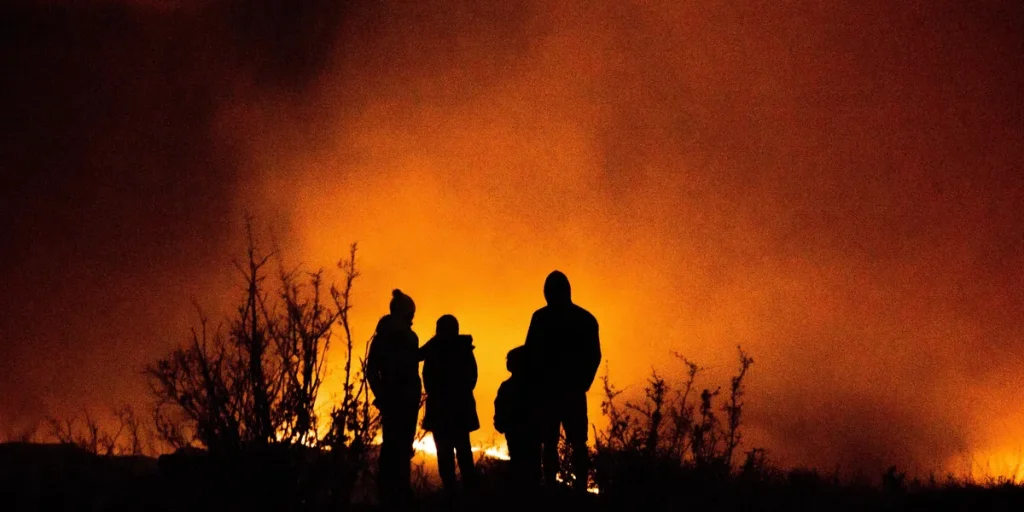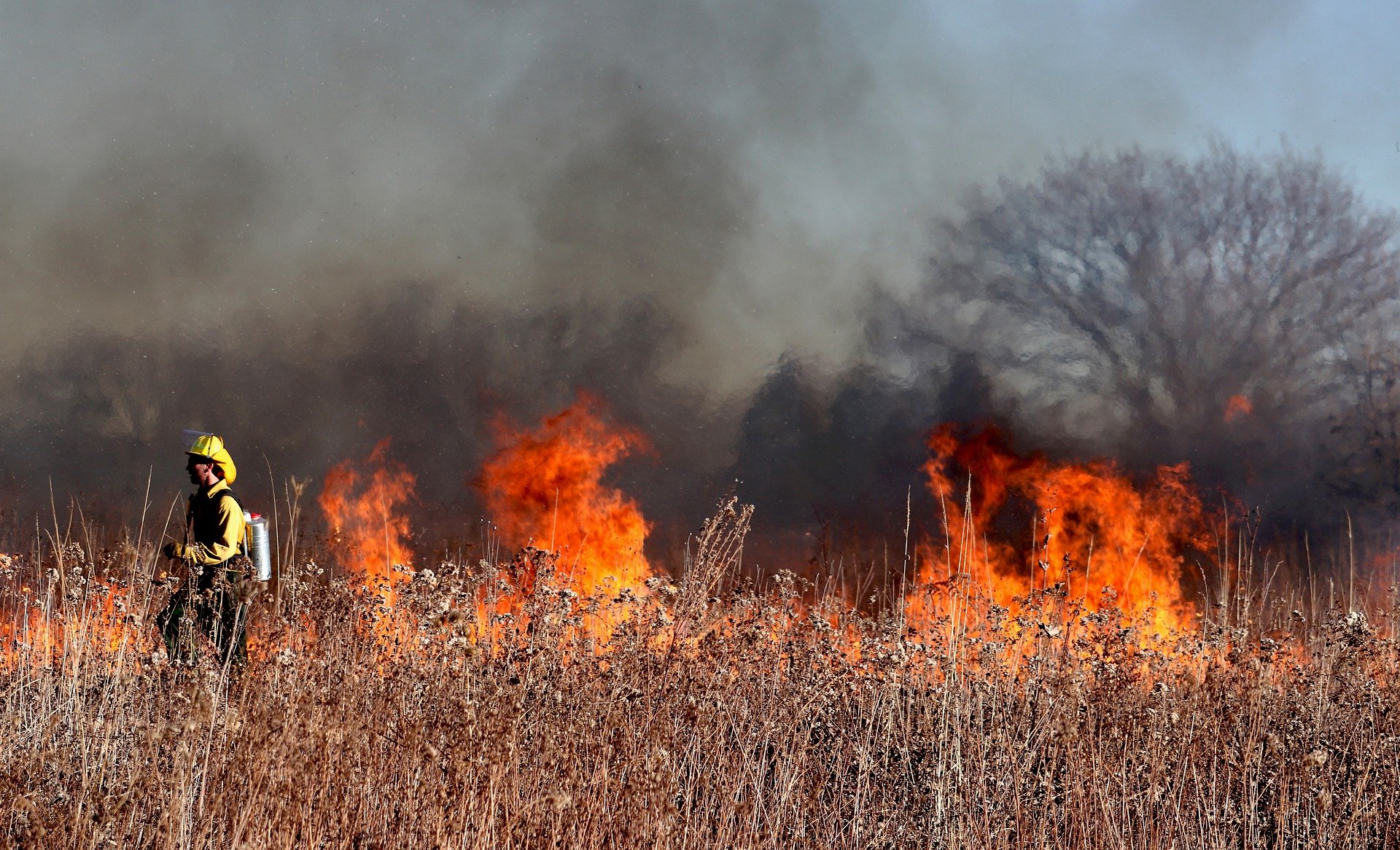California Wildfires: How Smoke and Poor Air Quality Impact Health, Even Far Away
California is grappling with multiple wildfires that have destroyed homes, claimed lives, and forced thousands to evacuate. Governor Gavin Newsom declared a state of emergency earlier this week as the fires spread across Southern California.
While the immediate areas surrounding the wildfires are experiencing poor air quality, experts warn that the effects could extend to people living hundreds or even thousands of miles away.
Recent studies have highlighted the far-reaching health impacts of wildfire smoke.
For instance, a 2023 study by the University of Maryland revealed a 20% spike in heart and lung-related medical visits in Baltimore due to smoke from Canadian wildfires over 2,000 miles away.
This situation underlines the importance of understanding how wildfire smoke affects health and what precautions people can take.
Why Is Wildfire Smoke Harmful?
Wildfire smoke contains a mix of harmful gases and fine particulate matter.
According to the Centers for Disease Control and Prevention (CDC), it includes compounds like carbon monoxide, benzene, particulate matter (PM), and hydrocarbons, all of which can harm health.
Experts emphasize that wildfire smoke can:
- Irritate airways and worsen conditions like asthma or COPD.
- Increase blood pressure and risk of sudden cardiac events.
- Cause respiratory issues, even in healthy individuals.
Children, the elderly, and people with chronic illnesses like diabetes and heart disease are especially vulnerable.
Their smaller or weakened airways and immune systems make them more susceptible to complications.
How Does Smoke Affect People Far From the Fires?

Wildfire smoke doesn’t just linger near the source—it can drift for miles, affecting air quality in distant regions.
For instance, smoke particulates can cause upper respiratory irritation even in areas hundreds of miles from the fire. Prolonged exposure to poor air quality can lead to:
- Breathing difficulties, coughing, and wheezing.
- Exacerbation of asthma and other respiratory illnesses.
- Increased risk of heart attacks and strokes.
The extent of the impact often depends on wind direction and weather patterns. If winds blow smoke offshore, nearby areas may see some relief.
However, if winds carry smoke inland, even communities far from California could experience declining air quality.
How to Protect Yourself From Wildfire Smoke
Whether you live near the fires or in a distant region, taking precautions is essential:
- Monitor Air Quality: Use resources like AirNow or the National Weather Service to check air quality levels in your area regularly.
- Stay Indoors: Limit outdoor activities, especially strenuous ones, during poor air quality days. Keep windows closed and use air conditioners to circulate indoor air.
- Use Air Purifiers: A HEPA-filter air purifier can help remove smoke particles indoors.
- Wear a Mask Outdoors: An N95 mask can protect against fine particulate matter when venturing outside.
- Watch for Symptoms: Seek medical attention if you experience shortness of breath, chest pain, or unusual heart rate changes.
While wildfire smoke is a growing concern, taking proactive measures can reduce its impact on your health.
Our editorial team has thoroughly fact-checked this article to ensure its accuracy and eliminate any potential misinformation. We are dedicated to upholding the highest standards of integrity in our content.







Leave a Comment